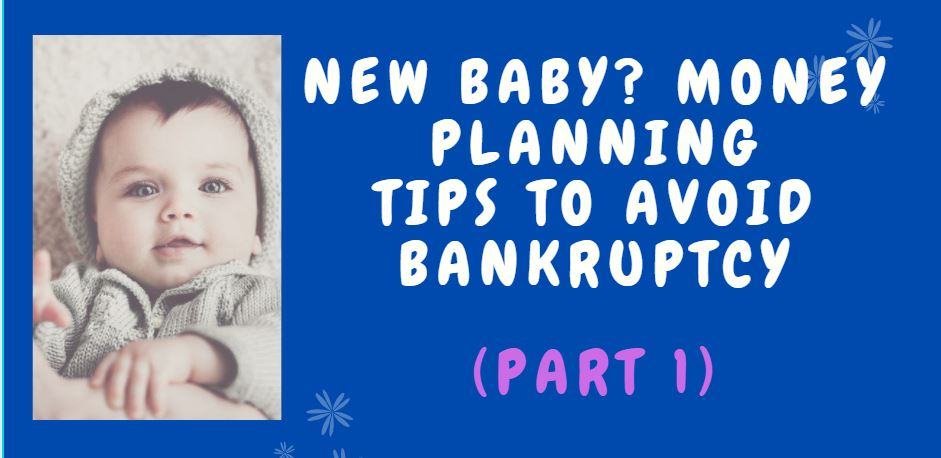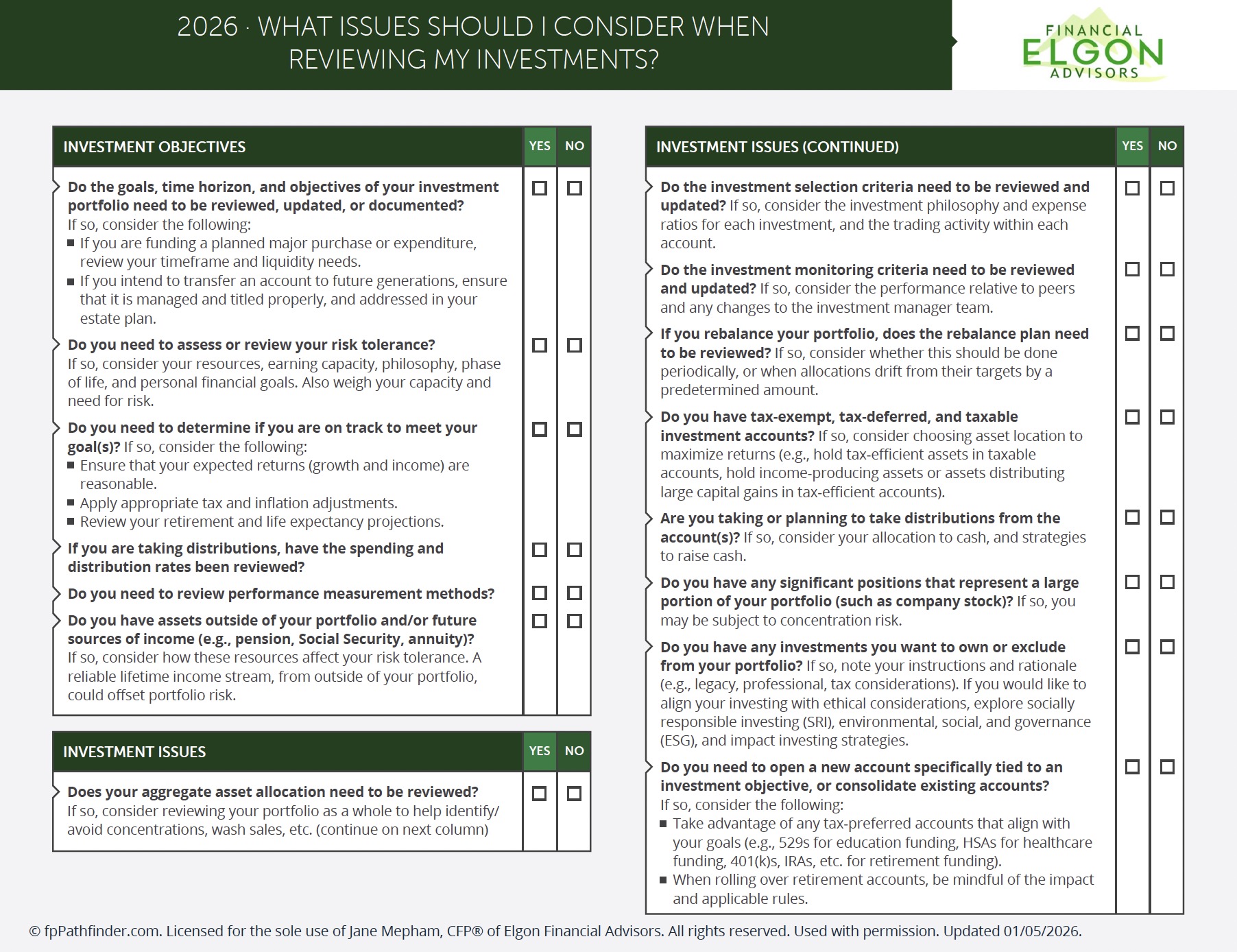In this post, I discuss money-planning tips for a new baby, that will ensure that you don’t go bankrupt when the little one arrives.
This is part 1 of a two-part series. In summary, they are: –
Table Of Contents
Manage Pre-Baby Shopping Expenses
Pick Your Baby Name Carefully – Save in Future
Spending Plan / Budget
Plan For Medical Bills
Day-to-Day Costs and Daycare Options
Understand And Manage School Age Costs
In part 2, I discuss major financial moves to make as a new parent when the baby gets here.
Why Are Fewer Babies Being Born In The US?
The average cost of raising a child today until age 17 is $233,612. From the same article, we learn that 59% of millennial parents underestimate the costs greatly.
According to the Brookings Community ‘The coming COVID-19 baby bust’ article, in the year 2020, we ended up with nearly 40,000 “missing births”.
Population growth (from new babies being born) is slowing down and COVID-19 was one of the main contributors in the year 2020.
There are other factors leading to the decline, but one of the main reasons according to millennials is that kids are too expensive, and they simply can’t afford them.
Unlike the US, some countries do a lot for families with young children, like offering generous family leaves, reduced tuition for childcare, etc.
The recent child tax credit will help parents, but it’s a fair assumption that you’ll be shouldering 100% of the costs if you have a child in the US. I’ll discuss some ways of managing some of these costs.
Note that regardless of your immigration status, any child born in the US is a citizen, but there are financial and tax implications, if you end up leaving the US permanently at some point.
Personal Experience – Babies are Expensive
Before we had kids everybody talked about how much they would change our lives. What I did not realize was how much of an impact they would have on the bottom line.
They are such a source of joy and make our lives full, I cannot imagine not having them, and I would not change a thing.
There are big ticket items, like childcare and medical expenses, but the many small and enthusiastic purchases and costs are what sinks a lot of new parents.
In part 1 of this article, I address how to manage some of the costs or get you thinking about them differently.
In part 2 I go into some of the bigger financial decisions and actions you need to make as a family, to incorporate this life change.
Get Ready for Life to Change – For the Better
Your attitude will go a long way in helping you cope with this phase.
A baby like any other major life change is likely to expose any deep-seated money anxieties, you might have.
It also forces you to dig deep into your values, what you treasure most, and your life’s philosophy.
It’s important to keep in mind your cultural background, and what you consider important as you plan for the little one.
Life will change, enjoy the process. Start dreaming and looking forward to the joy of being the most important person in the world for the baby.
As for the finances, lots of people have managed to take care of new babies without going bankrupt.
As my mom constantly said to me “Somehow you’ll manage“, but it helps to have a plan in place.
Manage Pre-Baby Shopping Expenses
Money Planning Tip For New Baby – Skip The $61,000 Pram
Financially, this is the most dangerous time for parents-to-be, especially when it is the first child.
I am addressing it first, as it is one of the places new parents end up spending way more than they should or can afford in the excitement of a new baby.
I suspect that a two-week-old baby will not notice the difference between being pushed around in the special $61,000 edition Balmoral Pram versus Target’s $230 DLX Travel System
On the other hand, your friends and colleagues will take notice.
In the grand scheme of things, does this matter?
It goes to show how ridiculously expensive some of these items can be and how new parents who want the best for their little ones can easily get derailed.
Money Planning Tip For New Baby – Skip The Wipe Warmer
Years ago, when I had my oldest, I created “a great baby registry list”. It had everything recommended by the baby magazines, the baby books, and all the baby websites I could find.
Of course, this included the wipe warmer which I was convinced was critical in the cold North.
One of my friends brought me down to earth with the statement, “I bet your mum did not use warm wipes on you and you turned out, okay”.
I had to sheepishly agree with her while we edited the rest of the list to something more practical.
There is nothing wrong with a wipe warmer, but it’s usually one of the top items for brand-new parents, but also what they consider the most useless baby product they ever bought, after the fact.
It’s become a symbol for items heavily marketed to new parents, that they don’t truly need, and that are more trouble than they are worth.
Skipping the wipe warmer, and everything related is a major money-planning tip for a new baby, that you won’t regret.
Money Planning Tip For New Baby – Focus On Being Practical
The name of the game is to be practical!
The baby does not need the most expensive gear money can buy, but the most practical.
They need a few pieces of clothing, not a whole designer wardrobe.
Once you start the actual shopping, think long-term, where practical. For example, go with neutral colors, when buying clothes and decorating the nursery.
Avoid the traditional blue and pink. If the next one is a different gender, you will be able to reuse a lot of the baby stuff, saving a lot of money in the process.
Buy very few newborn baby-size clothes and save that money for later. From experience, a lot of this run small, or your baby might surprise you.
They grow so fast, that they will most likely outgrow the tiny cute outfits before they wear them.
Looking back, my oldest almost went home without clothes, since everything I had brought with me (newborn size) to the hospital was too small for her. Lesson learned.
Be practical and understand your WHY about some of the purchases. Focus on your money scripts and how you make money decisions to help you navigate these choices.
This is the worst time to try and keep up with the Joneses in your lives.
Money Planning Tip For New Baby – Hand-Me-Downs
Take whatever your friends want to hand down to you, it will save you a ton down the road. It’s a benefit of being a part and parcel of the community and likely will save you money.
Future Money Planning Tip – Pick Your Baby’s Name Carefully
You might be wondering what a name has to do with finances. A fascinating business insider article details 15 ways that your child’s name sets them up for success or failure.
I don’t agree with some of these findings, but the list gives you some food for thought and could save you therapy bills in the future.
Pick a name that aligns with your culture, and beliefs, and one that you truly believe your child will be proud of, and not be embarrassed about in the future.
Money-Planning Tip For New Baby – Spending Plan / Budget
If you have not done it yet, this is a great time to get a good idea of your financial situation.
It is important to get a budget/spending plan in place.
Essentially you want to understand your income, your expenses, and what is left over for savings – a lot of this is likely to be re-directed to the new baby.
If you don’t have an emergency fund – this will be an excellent time to create a 6-to-12-month emergency fund and prioritize it above everything else.
Money Planning Tip For New Baby – Plan For Medical Bills
You will have to contend with medical bills, starting with pre-natal visits to childbirth costs.
This is a good time to analyze the medical plans you have available and compare them down to the small details.
This is something a financial advisor can help you with, to come up with the most optimal plan for your situation.
Having a baby is considered a “Qualifying Event”, which means you will be able to change your medical plan outside of open enrollment if you find something more reasonable.
You have different options for the actual birth itself, ranging from home birth to a hospital stay. The latter is still the most expensive option.
Manage Day-to-Day Costs and Daycare Options
Diapers, formulas, wipes, etc. will set you back a bit, but daycare is likely going to be your largest single expense. It can run into tens of thousands of dollars over a couple of years you will need it.
Depending on your situation, you have a couple of different options. Carefully consider the costs, the pros, and the cons of each option.
Keep in mind you can change the plans or mix the options.
The numbers I’m giving you here are average for the state of Texas. Other states will vary.
Money Planning Tip For New Baby – Understand Daycare Options
In-Home day centers – Costs a little less than the traditional center. They are likely to be more flexible as well. Make sure they are licensed. The average cost is $8400 ($700 per month).
Traditional daycare centers – The average cost is $9600 per year ($800 per month). Factor drop-offs and pick-ups.
A live-in au pair – It exposes your family to another culture and will give you a global outlook. It is a great option, especially for parents working odd hours, who need some flexibility. It does have some extra costs beyond the daycare expenses.
You’ll need extra room for the au pair in addition to paying for their college tuition for 6 credit hours. This is a requirement for the J1 visa they are on.
You’ll also need to give them access to a vehicle – which can be shared. The average cost is $19,935 ($1661 per month, $415 per week), regardless of the number of children you have.
A nanny – The cost for this varies greatly depending on experience, the number of kids, etc., but it also offers a lot of flexibility. The average cost is $33,585 per year ($2799 per month or $646 per week – $16.74 per hour). If they earn more than $2300, you’ll need to pay nanny taxes.
Shared nanny arrangement – Two or three families come together and figure out the costs of taking care of the kids in one home. It is great for the kids since they have instant playmates.
This is the same as the nanny costs but shared between 2 or 3 families.
Have one parent stay home – This needs some planning and careful consideration. (I will add a few more thoughts on this in part 2 of the post).
Family help – This might be a great option for grandparents living with you. It may seem a bit strange, but for immigrant cultures, this is a very common practice.
It’s hard to put a price on this arrangement, especially when you consider the benefits. If both sides are fair and honest with each other, it’s a big win for the family.
When our kids were growing up, we tried most of the options above, with varying degrees of success. But we had the best experience both financially and socially with hosting au pairs from different countries over several years.
One side benefit is the amazing international friendships we developed from Europe to South America, which are still intact to date.
Money Planning Tip For New Baby – Skip Parent & Me Classes
In addition to the above, there are a lot of extra curriculum activities along the lines of “Parent and Me” baby classes that parents feel compelled to join.
Those who ran the classes make very bold claims about the benefits of the classes. There is some evidence that some of these classes are beneficial, but it’s no reason to go bankrupt if your family can’t afford them.
Focus more on quality time with the baby inside and outside the home.
Money Planning Tip For New Baby – Manage School Age Costs
A lot of the childcare costs described above will go on until the kids start elementary school, so be prepared for a couple of years of ongoing costs.
Once they start school, a lot of your expenses will be consumed by after-school activities. If your kids end up playing organized sports and happen to join a traveling team – that can be a huge added cost.
It’s a noble cause to encourage your kids to try out for different things and push them to excel in sports – but according to NCAA, only about 2% of high school students get athletic scholarships.
The key thing is to be practical and realistic about the chances of your kids being in that 2% group and avoid living your dreams through them while exposing them to different ideas.
Take advantage of the facilities and services around you – you’ll need this money for other things.
With these money-planning tips in place, we can move on to the bigger financial issues and decisions you need to address as a family.
Need Help With Your US Finances?
Free Financial Assessment
If not ready to start, that’s okay, but please stay on top of our regular updates by email, or by joining here. Sign Up Here.

6 Things to Do
When Starting A Job on H-1B Visa
You are starting a new job on a work visa, there are some critical things, that will set up for financial success in the first 3-6 months. Download the free guide below for the detailed list!
We never spam. By signing up you’ll also receive access to future resources right to your inbox.
Disclaimer: This article is provided for general information and illustration purposes only. Nothing contained in the material constitutes tax advice, a recommendation for the purchase or sale of any security, investment advisory services, or legal advice. I encourage you to consult a financial planner, accountant, and/or legal counsel for advice specific to your situation. Reproduction of this material is prohibited without written permission from Jane Mepham and all rights are reserved. Read the full disclaimer here.

Recent Articles

Moving Out Of The US Realistically
The desire to leave the US is strong, the execution and the mechanics are a different story. Leaving the US means, having a destination where you can stay long term legally and be able to support yourself. In this post, we detail practical ways that will allow to move to another country. But the actual move is different post.

Do I Pay Tax On Gifts From Family Overseas?
If I receive gifts from overseas, what taxes am liable for?
What are the tax considerations for receiving gifts from overseas families when you live in the US and you are a tax resident?. Updated extensively with 2026 data.

Overseas Inheritance: Everything You Need To Know
Receiving an inheritance from abroad can get complicated quickly. The



